Tennessee leaders continue to push legislation they say would protect kids online, but civil rights groups say promotes censorship.
Tennessee Attorney General Jonathan Skrmetti led a group of 31 attorneys general from red and blue states earlier this week urging Congress to pass the Kids Online Safety Act (KOSA). The bill is sponsored by Sen. Marsha Blackburn (R-Tennessee).
The law would require some mandatory safety protections for minors on social media sites such as TikTok and Facebook. These would be the strongest settings available up front, said Skrmetti, “rather than burying these features behind opt-in screens.”
The KOSA would also take away what Blackburn called “manipulative design features and algorithmic recommendations that keep children endlessly scrolling.” It would also give parents new tools “to identify harmful behaviors and improved capabilities to report dangerous content,” Blackburn said in a statement.
In the letter to Congress this week, Skrmetti was joined by AGs from conservative states such as Alabama and Mississippi but also such progressive states as New Hampshire and Massachusetts.
“As the chief legal officers of our states, we’ve seen firsthand how social media companies prioritize profits over our kids’ safety,” Skrmetti said in a statement. “KOSA provides additional tools to protect children’s mental health from the harmful effects of social media.”
Despite bipartisan support, KOSA has drawn criticism from civil rights groups such as the ACLU, which argues the bill could infringe on First Amendment rights. Critics contend that provisions requiring platforms to prevent harm could lead to censorship of legitimate and educational content, particularly around sensitive topics such as sexual health and mental wellness. The group heavily criticized the bill when the Senate passed it in July.
“KOSA compounds nationwide attacks on young peoples’ right to learn and access information,” said Jenna Leventoff, senior policy counsel at the ACLU. “As state legislatures and school boards across the country impose book bans and classroom censorship laws, the last thing students and parents need is another act of government censorship deciding which educational resources are appropriate for their families.”
The ACLU said that the list of design features outlined in the bill are defined so broadly that platforms would likely have to censor any content that was found objectionable by the government. That content could include anything from sexual health resources to information about gender identity, or how to get help for an eating disorder.
Anjali Verma, a 17-year-old student, also voiced concerns about the legislation’s potential to harm rather than protect youth. “It’s called the Kids Online Safety Act, but they have to consider kids’ voices, and some of us don’t think it will make us safer,” Verma said in a statement. “We live on the internet, and we are afraid that important information we’ve accessed all our lives will no longer be available. We need lawmakers to listen to young people when making decisions that affect us.”
The AGs’ letter says social media platforms target minors, know their products are addictive, but only care about the bottom line. “Many social media platforms target minors, resulting in a national youth mental health catastrophe,” reads the letter. “These platforms make their products addictive to minor users, and then profit from selling minor user data to advertisers.
“These platforms fail to disclose the addicting nature of their products, nor the harms associated with increased social media use. Instead, minor users receive endless tailored and toxic content. Further, increasing evidence suggests these platforms are aware of the negative mental health effects social media burdens its underage users with, but choose to continue these practices.”
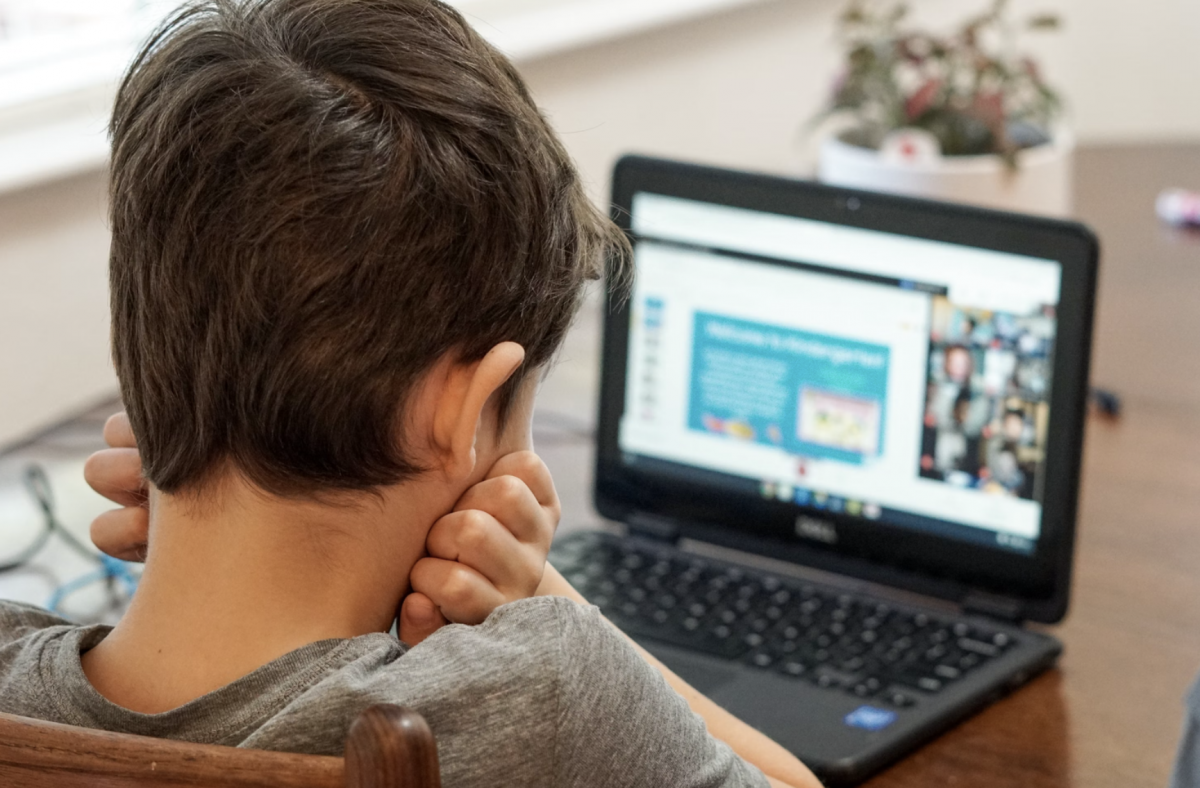

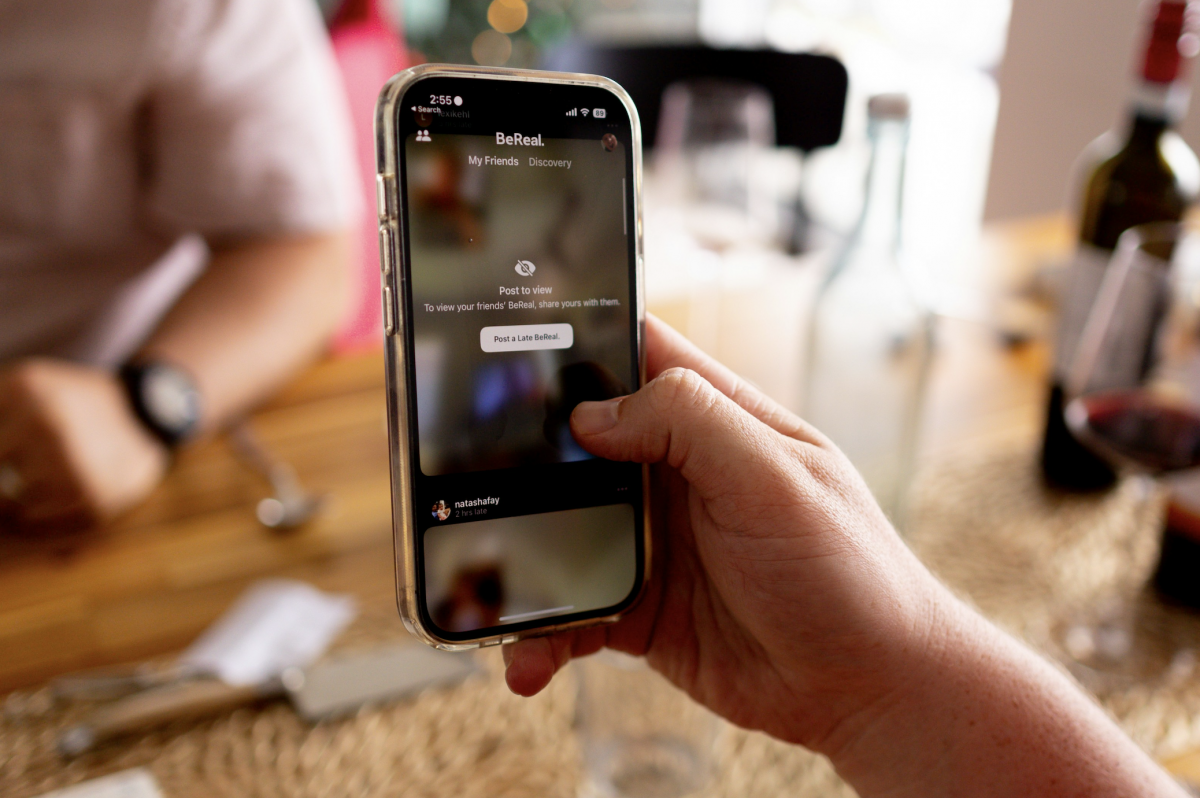
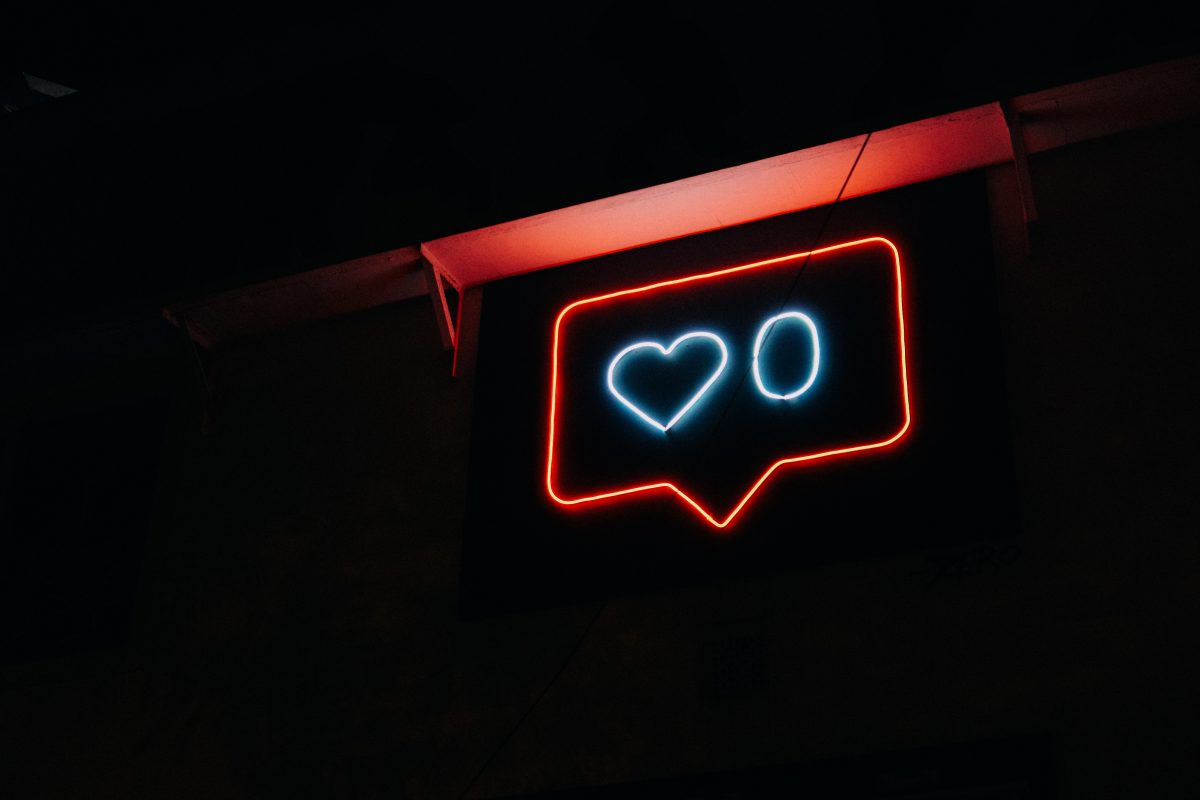
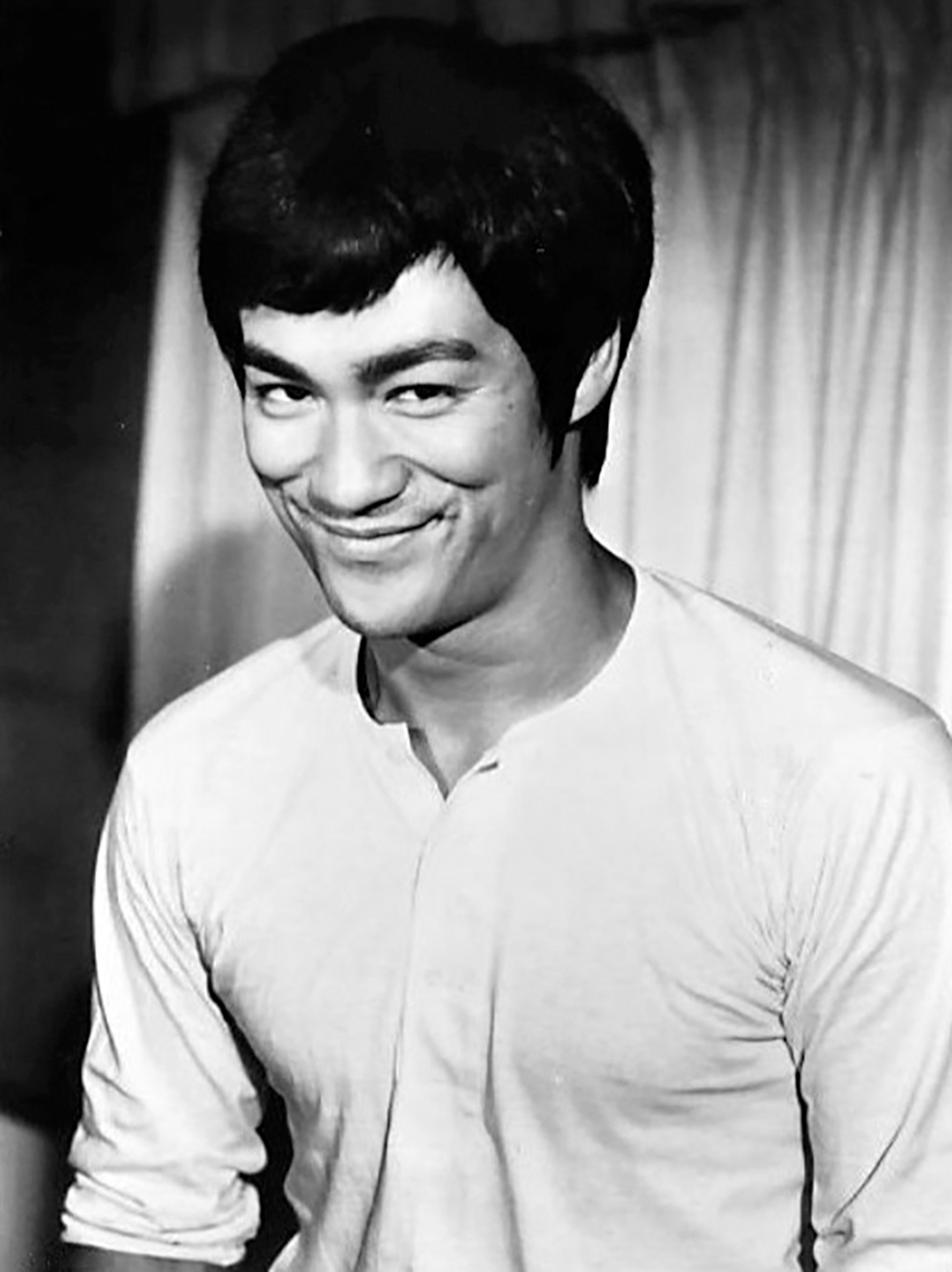
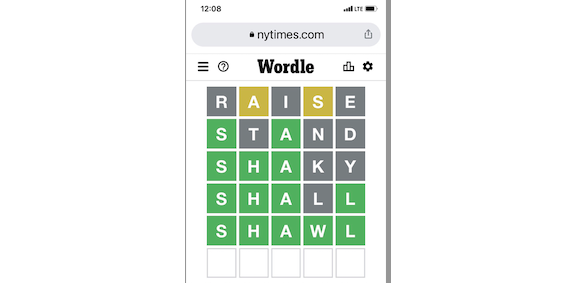

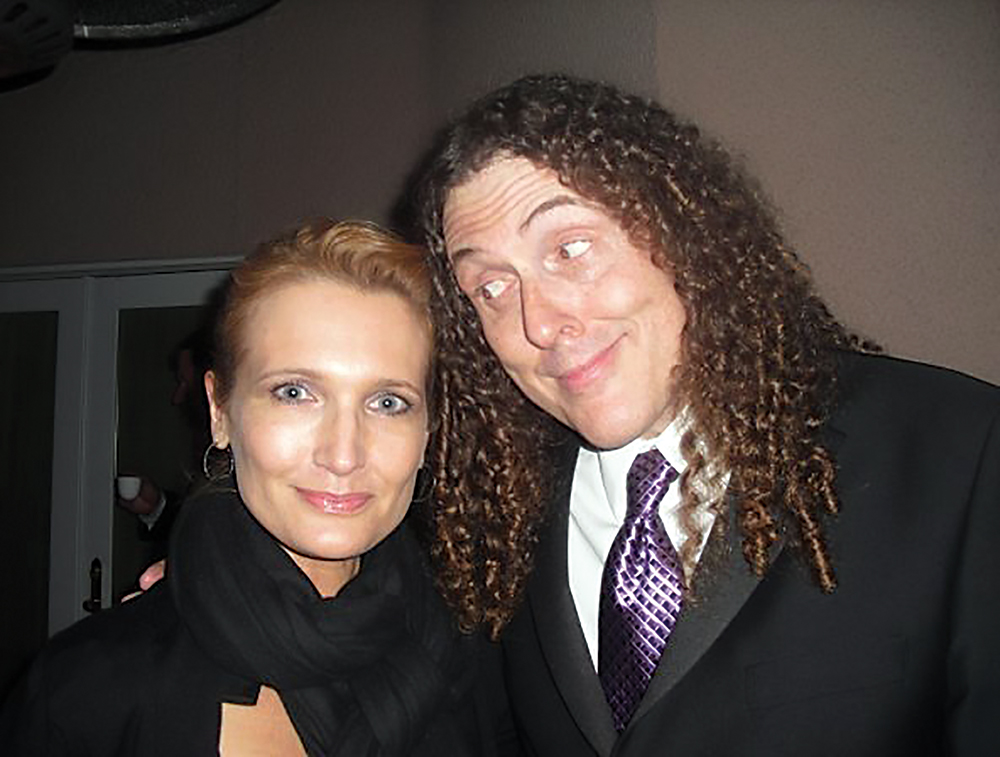
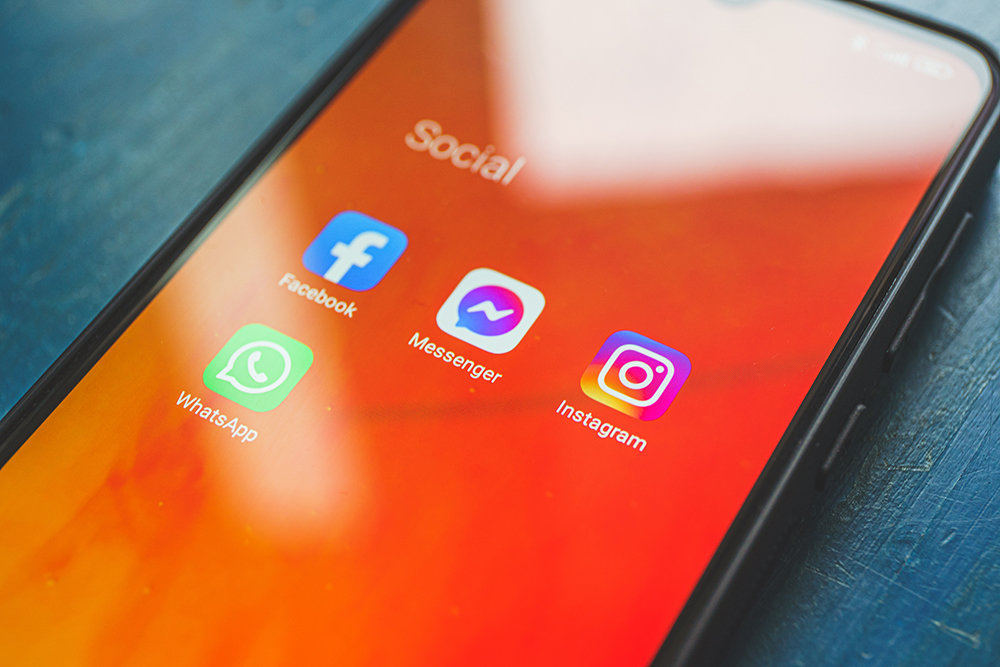
 Shara Clark
Shara Clark  Shara Clark
Shara Clark  Shara Clark
Shara Clark